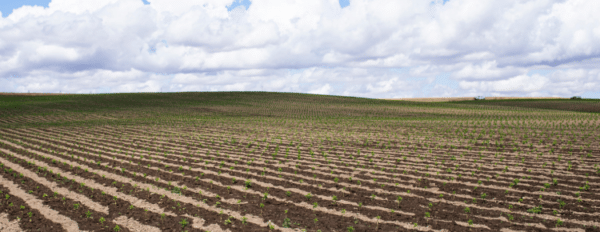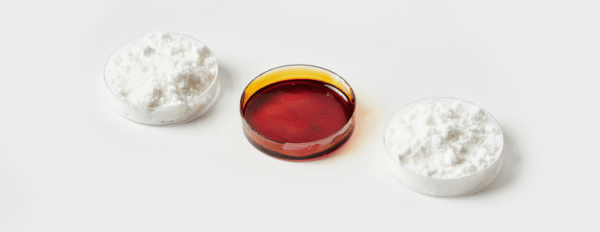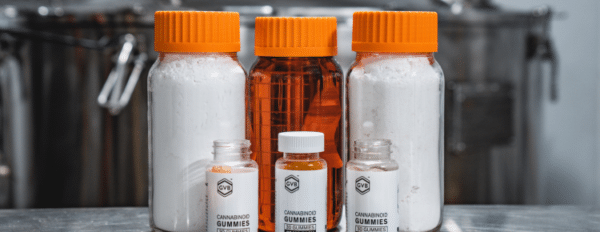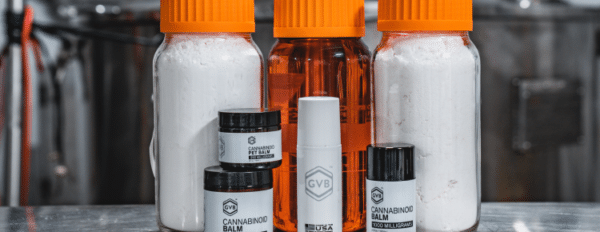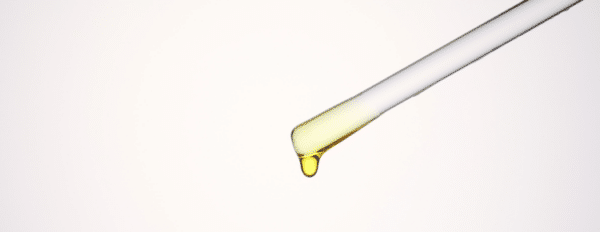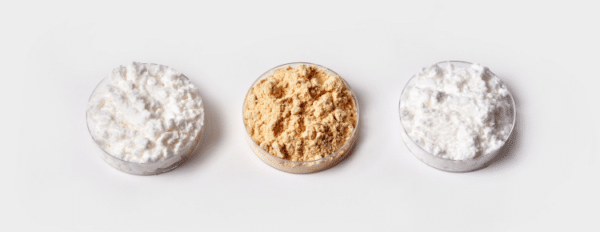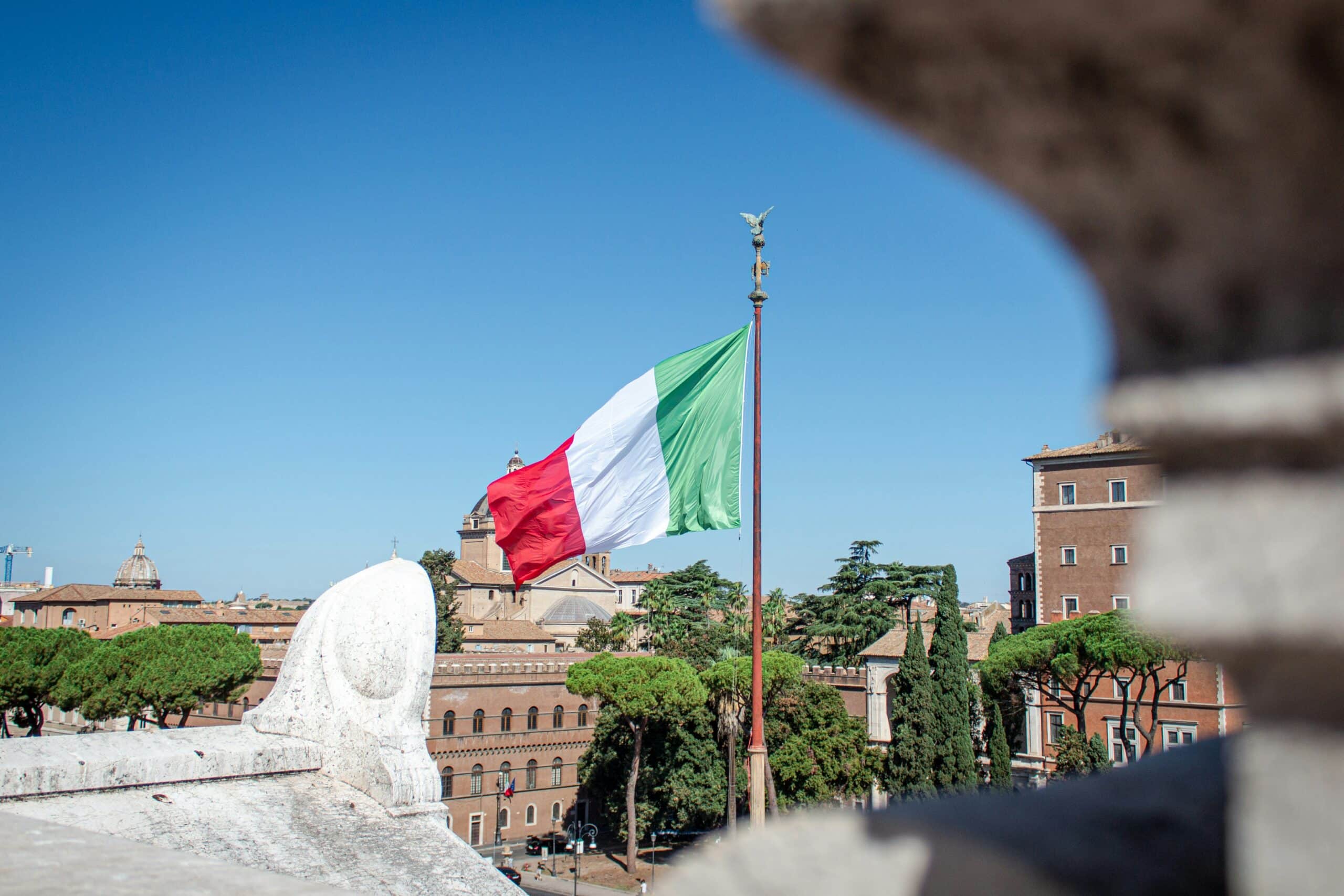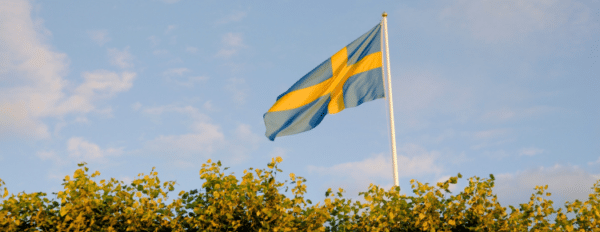The most remarkable economic dark horse of the last decade, the cannabinoid industry has the entire world spellbound as gains continue to be made across all categories. Medical and recreational cannabinoid industries are blossoming around the globe, and just as global is growing interest in non-intoxicating cannabinoids, which are usually not subject to significantly restrictive regulations.
Until recently, all that remained to be seen was whether cannabinoid market growth was sustainable or would eventually reach a cap. As actual data continue to track with predictions, however, even skeptics are forced to admit that the cannabinoid industry is a legitimate economic contender that will only gain more momentum over the coming years.
A Brightfield Group report that succinctly summarizes the situation will serve as the core of the discussion as we unpack the current status of the American cannabinoid industry, which is predicted to continue making massive gains over the near future. By the end, you’ll be better equipped to make informed business decisions that position you to take full advantage of the ongoing cannabinoid Renaissance.
Cannabinoid Market Growth Trajectory: An overview
– The United States cannabinoid industry was practically nonexistent until 2014
– Until that point, cannabinoids were illegal, and the industry consisted of synthetic alternatives
– With the 2014 Farm Bill, however, an online hemp industry appeared, initially valued at only a few million dollars overall
– By the passage of the 2018 Farm Bill four years later, American CBD had swelled to a half-billion dollar1 industry
– Now, the US CBD industry is expected to reach more than $6 billion by 20262
– Such a dramatic rate of growth has rarely been seen in the United States economy
– The US cannabinoid industry appears set to continue growing steadily for decades into the future
Brightfield’s data
To close observers, the rapid rate of growth of the cannabinoid industry was never in doubt. Those who became used to pre-existing market dynamics, though, may be shocked to hear that CBD is soon set to become an industry exceeding the size of many domestic agricultural markets.
When renowned analytics agency Brightfield Group predicted in 2021 that American CBD would reach $6 billion by 2026, their analysis was based on previous years’ results combined with forecasts regarding future changes to regulatory and market dynamics. Now that some time has elapsed, it’s clear that Brightfield was correct in its expectations for the CBD industry.
Current dynamics
The American hemp industry has entered an era of normalization in which highly capitalized companies with top talent are consolidating much of the market’s expanding wealth. Overall industry growth has slowed from the industry’s prime, but certain companies continue to enjoy accelerating gains every year.
As the cannabinoid market solidifies, consumer tastes are also refining. Today’s CBD consumers, for instance, have tired of the simple tinctures they used to buy from mom-and-pop shops. They want their CBD to be just as professional and reliable as any other health product they buy.
Growth across all categories
Since the inception of the online CBD industry, a variety of new subcategories of products have emerged. Starting with the leading trio of tinctures, capsules, and oil-based topicals, the American hemp industry has moved on to incorporate gummies and a more diversified array of topical products as well.
A wider array of available products has allowed the cannabinoid industry to enjoy even greater growth with every product category continuing to reach new consumers on a daily basis. Certain cannabinoid product subcategories have grown more than others, though, becoming the core of the industry’s next wave of growth.
Top 2 fastest-growing cannabinoid subcategories
Out of all the different kinds of cannabinoid products that have entered the market over the last few years, GVB Biopharma has experienced the most growth in the categories of capsules and gummies, revealing that interest in these product types is growing at the fastest pace overall. Here’s what you need to know about cannabinoid capsules and gummies to make an informed business decision:
Capsules
– Orally ingested
– Swallowed
– Flavorless
– Familiar
– High-potency options
Surprising initial adopters who favored tinctures, capsules have gained ground to become the most popular type of cannabinoid product sold at GVB Biopharma. In the end, consumers are already familiar with capsules — nothing new or unexpected must be done to enjoy cannabinoids in this format.
Cannabinoid capsules also benefit from being flavorless, allowing brands to include comparatively high doses of cannabinoid extract in each capsule. Perhaps the greatest strength of cannabinoid capsules is their innocuous appearance, which positions cannabinoids as mainstream and familiar substances.
Gummies
– Orally ingested
– Chewed
– Flavored & sweetened
– No cannabis taste
– Dosing is more limited
Used traditionally in the arena of pediatric medicine, gummies have now become a component of the adult health industry as well, with everything from daily vitamins to digestive aids now commonly being offered in gummy format. Cannabinoid gummies capitalize on this trend, masking the taste of hemp extract and making cannabinoids convenient and delicious to ingest.
When appealing to health-conscious consumers, cannabinoid gummies can be made with entirely non-GMO or organic ingredients. Making budget hemp gummies in bulk is also an option with an entire spectrum of possibilities existing between these two extremes.
How to benefit from cannabinoid market growth
Abundant opportunities are constantly opening up in the cannabinoid industry. The nature of these opportunities changes as the cannabinoid market develops, however, requiring a fresh perspective on current circumstances to make the best business decisions. Below, we lay out the 5 steps every brand should take to make the most out of the current evolutions the cannabinoid industry is undergoing:
1. Analyze the market
Your first step should be to fully familiarize yourself with the prevailing dynamics at work in the hemp cannabinoid market. The industry is growing, for instance, but in which categories, and by how much? It also pays at this juncture to fully assess consumer sentiment toward certain ingredients and product categories, which has a tendency to change on a rather-frequent basis.
As we’ve covered, for instance, consumers now prefer cannabinoid gummies and capsules. Also, organic and non-GMO ingredients are preferred more than ever, and consumers are also beginning to demand that lab reports for cannabinoid products feature more reliable levels of detail.
2. Develop a plan
Based on your analysis of the prevailing trends in the cannabinoid market, develop a tentative plan regarding where you see your company within the ongoing growth of this highly profitable niche industry. Your business plan does not need to be ironclad at this point — the idea is to be able to provide a general idea of your position when it comes time to collaborate with others.
3. Contact a supplier
The cannabinoid industry may still be growing, but it has also consolidated considerably. This shift has driven a concurrent increase in quality, which has caused consumer standards for cannabinoid products to similarly rise. As a result, working with an existing white label cannabinoid supplier is the best way to enter this much-evolved hemp market.
4. Come to a manufacturing agreement
Throughout the course of your conversation, you’ll gradually put together the bones of a business agreement with your cannabinoid white labeler. This agreement to produce marketable products must be made on fully equitable lines, and it is incumbent upon cannabinoid producers to provide full proof of relevant certification as well as third-party lab test results for all products.
5. Launch & market
Once your cannabinoid products have been made and you’ve developed an eye-catching label, all that’s left is to get them in front of the consumers who they’d benefit the most. Bringing a brand to success within its market is always a unique journey, but armed with the best cannabinoid products in the world, obstacles to your success will be few and far between.
Long-term cannabinoid market growth predictions
Like any industry, the cannabinoid market may occasionally experience ups and downs. Hemp is now once again firmly a component of the American economy, though, meaning this industry will continue to grow as long as America’s economy does likewise.
As an abundant source of everything from medicine to textiles, hemp may actually be a great boon to the American economy even when it is in turmoil. Now that hemp is out in the open and sold in massive volumes on a daily basis, it paves the way for a bright and sustainable future for the American cannabinoid economy.
Beyond 2026, expect the hemp cannabinoid industry to continue growing as more and more Americans begin to prefer hemp-derived products over conventional alternatives. With few side effects and immense potential benefits, the popularity of cannabinoids will only grow over time, especially as unfortunate consequences of conventional treatments become an increased point of focus in society.
Enter an accelerating industry today
Since 2017, GVB Biopharma has been at the forefront of the hemp cannabinoid industry, recognized worldwide as one of the largest and most professional producers of both bulk hemp ingredients and finished cannabinoid products. Over the years, our growth has been extraordinary, fueled by an overall rise of interest in hemp cannabinoids that even the most optimistic prognosticators could never have predicted.
Today, GVB’s growth is stronger than ever. Just as the hemp cannabinoid market has largely consolidated under the control of a handful of companies such as ours, we’ve also seen the industry consolidate into a few core sets of products that consumers have clearly selected to be their hemp standbys for the foreseeable future.
Innovation is, of course, still rewarded within the hemp industry. It’s also now possible, though, to simply choose a reliable manufacturer to make products like capsules and gummies that consumers have already accepted, improving on the concept one iteration at a time.
Just like growth in value, improvements in the hemp industry’s products will now be incremental instead of taking place at a breakneck pace. By positioning yourself within this steady flow of improvement and professionalization, you can craft a brand that is perfectly suited to succeed in today’s modernized hemp economy, capitalizing on the cannabinoid market growth.
Sources
- Total CBD product sales U.S. 2014-2022 | Statista. (2022, July 27). Statista. https://www.statista.com/statistics/760498/total-us-cbd-sales/
- Statista. (2021, October 19). E-commerce sales of CBD in the U.S. 2019-2026. https://www.statista.com/statistics/1244901/cbd-e-commerce-sales-us/

